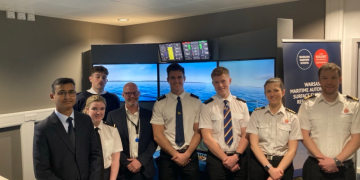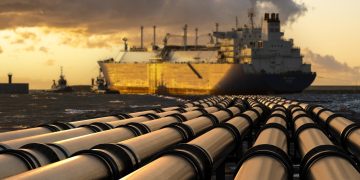DNV GL focus on future trends DNV GLs latest Bulk Carrier Forum looked at future trends and some of the classification societys most recent projects in the segment. Public authorities are increasing the pressure on the shipping industry to reduce emissions and invest in sustainable technology. Narve Mjøs, Director Battery Services & Projects at DNV GL - Maritime, gave the forum participants an update on battery and hybrid technology."Hybridization holds great potential for all ship types, including bulk carriers. For example, lithium-ion batteries could take over in waiting situations, in environmentally sensitive areas and in port, reducing fuel consumption, maintenance and emissions. They may also increase the ship's responsiveness," he explained.In a joint development project with the Norwegian shipping company Grieg Star, DNV GL examined how much energy and operational costs a 50,000 dwt open hatch vessel could save by using batteries for operating the cranes during loading and unloading.Simulations showed that using a hybrid system consisting of two auxiliary engines and one battery, instead of three auxiliary engines, would save some 100 tonnes fuel annually and require less maintenance, spare parts and overhaul costs, resulting in a substantial annual saving and a payback time of 1-3 years."We plan to ...
Read more

























































